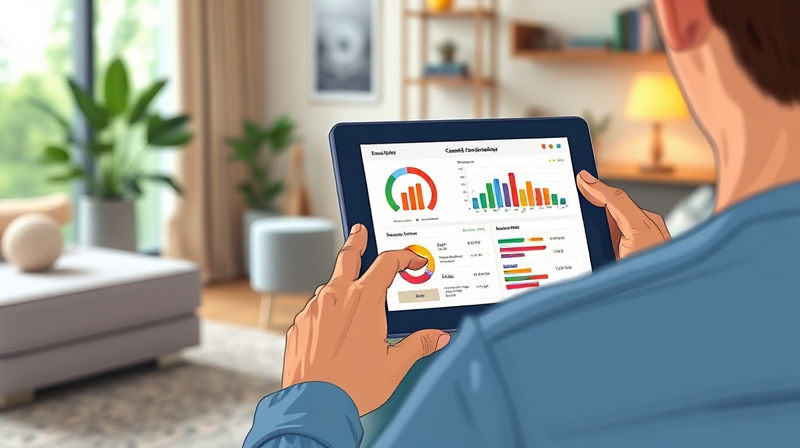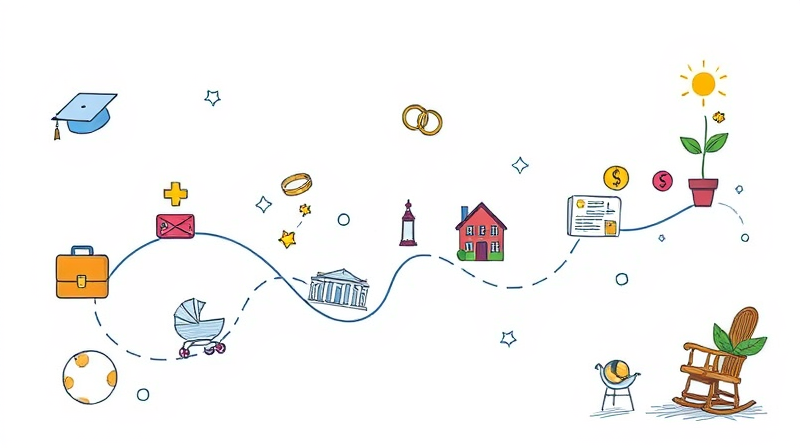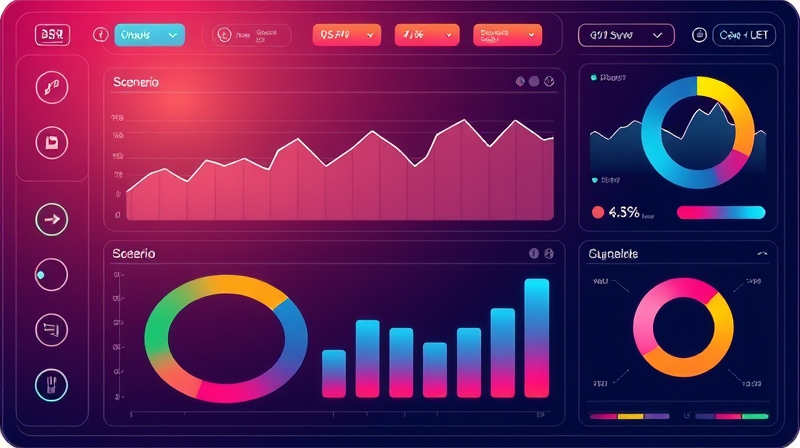
In today’s fast-paced business environment, accounting teams face mounting pressures: talent shortages, tighter deadlines, and ever-evolving compliance demands. Firms that cling to manual processes find themselves bogged down by repetitive tasks, risking errors and delayed filings.
By embracing automation, organizations can unlock new levels of efficiency, accuracy, and strategic insight. The seamless blend of accounting with real-time tax reporting paves the way for a future where finance teams focus on growth, not grunt work.
Automating routine workflows transforms how firms operate. Even tasks once deemed non-negotiable become opportunities for innovation and growth. Beyond time savings, automation empowers teams to deliver higher-value services to clients and stakeholders.
With automation handling repetitive tasks, staff can transform routine tasks into strategic work, shifting focus from closing the books to advising clients on growth opportunities.
A new wave of digital tools underpins modern accounting ecosystems. From intelligent software to robotics, these innovations deliver unprecedented agility and precision.
Integrating tax workflows into your accounting platform ensures that every transaction updates tax calculations in real time. This approach minimizes end-of-period headaches and enables firms to generate reliable real-time tax compliance documents at the click of a button.
Key steps for successful implementation include selecting the right solution, planning phased rollouts, and training staff effectively. Engage cross-functional teams—IT, finance, and compliance—to map existing processes and identify automation opportunities.
When properly configured, integrated systems can:
This approach not only enhances accuracy but also builds trust with stakeholders by delivering transparent, auditable records.
Despite clear benefits, many firms hesitate due to adoption barriers. Common concerns include system integration complexities, data security, and staff resistance to change.
To address these challenges, organizations should:
Choose scalable platforms that integrate smoothly with legacy systems. Invest in robust cybersecurity to protect sensitive financial records. And foster a culture of continuous learning through hands-on training and change management initiatives.
By involving end users early in the process, you can simplify complex regulatory requirements and build confidence across your teams. Pilot projects in specific departments allow you to refine workflows before full-scale deployment.
The horizon of accounting automation promises even greater innovation. Advances in AI will enable predictive tax planning and scenario modeling. Blockchain technologies may offer immutable audit trails, further enhancing trust and transparency.
As automation matures, accounting professionals will assume more strategic roles—delivering insights that drive business growth, advising on cross-border tax strategies, and guiding clients through uncertain economic climates.
Embracing automation today positions your firm for tomorrow’s challenges. By integrating accounting and tax reporting, you not only streamline operations but also empower your team to become trusted advisors in an increasingly complex landscape.
Invest in the tools, cultivate a culture of innovation, and watch your firm thrive on data-driven decision-making capabilities. The future of accounting is automated, integrated, and endlessly transformative—are you ready to take the leap?
References













